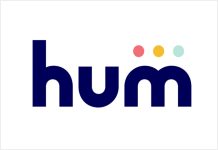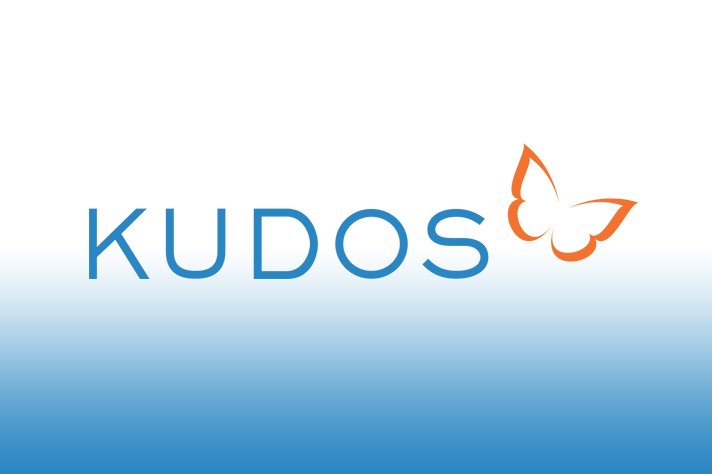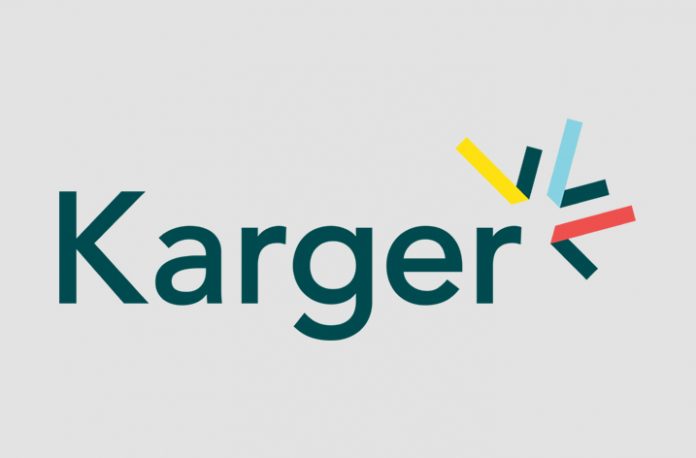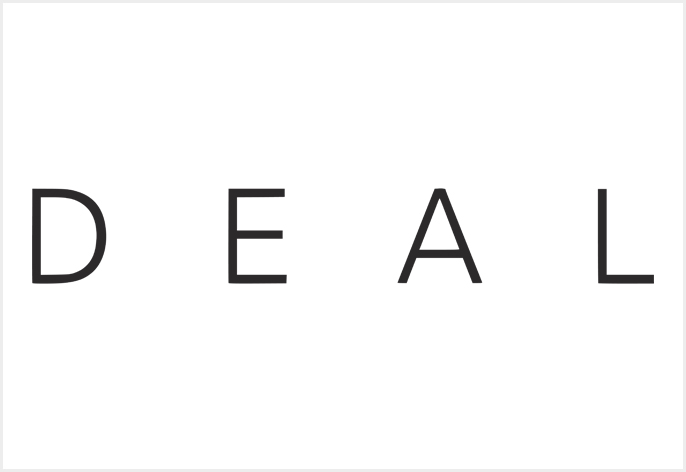PLOS (Public Library of Science) has played a pivotal role in advancing open-access publishing, promoting the goal of making scientific knowledge freely available to all. By eliminating barriers to access, PLOS has enabled researchers, scholars, and the public to engage with important research without the hindrance of paywalls. This commitment has significantly contributed to the democratization of scientific knowledge and has facilitated the rapid sharing of crucial information.
As we navigate the digital age, the landscape of academic and scientific publishing has transformed. The convenience of digital formats allows for quicker dissemination and wider access to scholarly work, but this shift also presents challenges. Unlike traditional print media, digital content faces risks such as technological obsolescence, data corruption, platform closures, and natural disasters.
To address these challenges, PLOS has formed a strategic partnership with CLOCKSS to ensure the long-term preservation of its digital content. This collaboration is a significant step for both organizations, as it guarantees that PLOS’s diverse portfolio of 14 journals, covering fields such as biology, medicine, climate science, public health, and genetics, will be preserved in a distributed archival network. The aim of this partnership is to protect essential scientific content for future generations, ensuring that, despite potential technological changes or unforeseen events, the knowledge within these journals remains accessible.
The preservation of open-access content is vital for the academic community, particularly in areas like medicine, public health, and environmental science, where research influences policymaking and education. In this regard, the CLOCKSS network is crucial. By archiving PLOS’s content in a decentralized manner, CLOCKSS ensures that multiple copies of the journals are stored in various locations, providing an additional layer of security against data loss and supporting the ongoing availability of scientific content.
This partnership offers numerous benefits that align with both organizations’ mission. First and foremost, CLOCKSS guarantees long-term preservation of PLOS’ vast collection of research. CLOCKSS’ expertise in digital preservation allows PLOS to focus on its core mission of advancing open-access publishing without worrying about the long-term survival of its digital content. CLOCKSS employs proven archival methods that protect against threats such as platform obsolescence and data corruption. In doing so, the organization ensures that the open-access content of PLOS journals will not be lost despite the rapid pace of technological change.
For CLOCKSS, this partnership enhances its extensive repository of academic and scientific content. By adding PLOS’ collection of journals to its archive, CLOCKSS solidifies its position as a trusted custodian of valuable research. CLOCKSS’ mission is to ensuring that freely available research remains preserved for future use. This collaboration with PLOS aligns perfectly with that mission, ensuring that cutting-edge research in fields like sustainability, digital health, and neglected tropical diseases will remain accessible, even in the face of technological advancements or unforeseen disruptions. Ensuring that researchers have access to historical data, seminal papers, and contemporary discoveries is key to advancing scientific progress.
Moreover, this collaboration underscores the importance of equitable access to knowledge. By preserving PLOS’ open-access journals, CLOCKSS and PLOS are making sure that this knowledge is not restricted to those with the means to pay for it. Instead, the research will remain freely available to anyone with an internet connection, promoting global access to scientific information and fostering a more inclusive scientific community. As PLOS and CLOCKSS continue to work together, we are contributing to a future where knowledge remains a public good, accessible to all, regardless of technological changes or disruptions.
“In today’s digital world it is more important than ever that we have a trusted partner to ensure the preservation of our scholarly record,” said Dan Shanahan, Publishing Director, PLOS. ““CLOCKSS’ expertise in data preservation ensures that PLOS can offer an exceptional publishing experience, giving our authors confidence that their work will remain accessible for the long term.
About the Public Library of Science: PLOS is a nonprofit, open access publisher empowering researchers to accelerate progress in science and medicine by leading a transformation in research communication. Since our founding in 2001, PLOS journals have helped break boundaries in research communication to provide more opportunities, choice, and context for researchers and readers. For more information, visit http://www.plos.org.





























